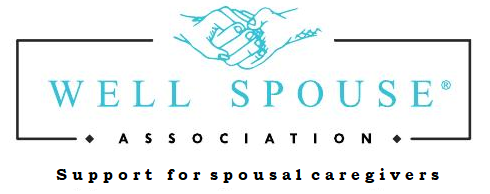By Sandra Bekele
When my ill spouse was gravely ill a few years ago, I heard dire and conflicting advice from a flock of physicians, nurses and social workers. The one nugget that stands out, however, came late one night from an ICU nurse: "Hope for the best, and expect the worst."
This seemed to ring true, even then in all that confusion. It has served me well. With this little mantra, I have navigated bravely through unthinkable horrors and, perhaps more daunting, through long spells of intensely tedious effort and challenge.
Aside from the talisman-like ease of the phrase itself, there is also a certain balance of meaning to it. Always hoping for the best, never disappointed by less; where is the disappointment if, after all, I've only expected the worst. This is not as negative as it sounds. Expecting is one thing, and hoping is another; consider them as the Yin and Yang elements of any particular life drama.
The oscillating reverberations, perfectly balanced in such a well-turned phrase, form a positive inertia. It can be a sort of gyroscope, getting you past peaks of agitation and valleys of despair, never getting spun out or bogged down.
Like terminal illness itself, expecting the worst is in some sense very liberating. Gone is the yoke of striving in vain, yet hope is always there to illuminate the days. Realistic expectations given a limiting set of circumstances are not the same as hopelessness. Hope envelopes all experience. One can hope for a great sunset, or a good test result. Even given a bad test result, one can hope for a good lunch, or even just to hold that lunch down.
Hope is letting oneself be reminded of the bits of good in all things. When a grafted rose dies, its roots still hold great wonder. Tucked into a forgiving corner of the garden, it can be let sprawl, throwing vast swathes of lovely wild blooms each spring. One has few opportunities to see such blooms, as we groom our gardens - and our lives - carefully so as to avoid the inevitable thorns. Yet when life leads with thorns of adversity, there are the delicate, fleeting, inconspicuous yet beautiful blooms which will always accompany those thorns. If one is caught in the middle of it, then why ignore the beauty? Denying
life's positives does nothing to ease its pains.
So that phrase, "Hope for the best, and expect the worst" is ultimately life-affirming. It slows us to respond more positively to extraordinary, difficult situations. In this sense, expecting the worst is our liberator, and hoping for the best is our salvation.
Copyright, Well Spouse® Association. More articles by this author and others are available to registered and supporting members.

Follow us on